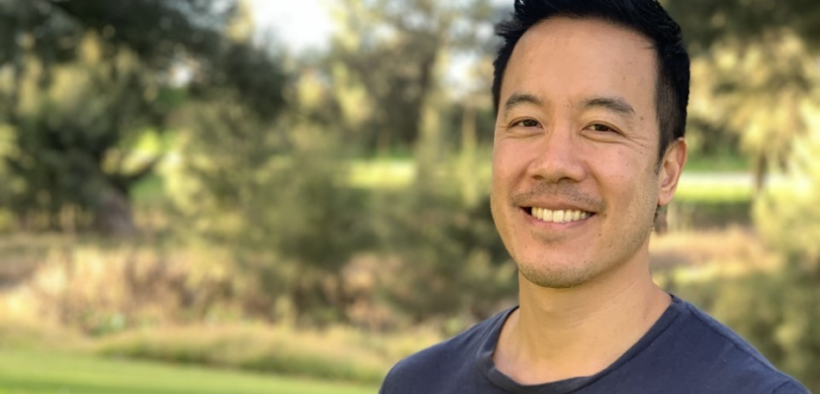When COVID-19 first hit us about one year ago, there were rumblings that this pandemic would be the great equaliser. Regardless of being rich or poor, privileged or marginalised, no one was free from the risk of contracting the virus. However, very quickly, as multi billionaires posted photos of isolating on their superyachts and we learnt that people in India were self isolating in trees, discrepancies became more obvious. It became clearer and clearer that COVID-19 would exacerbate inequalities, not reduce them.
As the vaccine starts to roll out across the globe, we have to ensure that these inequalities are not further widened. Ultimately, this is for our collective benefit, because having communities not vaccinated isn’t a good thing for anyone. Having inequality isn’t a good thing for anyone either. This is because inequality depresses economic growth and increases crime.
In Australia, one of the least densely populated countries in the world, there is a huge risk that communities in rural and remote Australia get left behind. Add into this mix further reasons for inequality, such as disability or lower socio-economic status, and you compound the marginalisation exacerbated by the tyranny of distance.
A recent report by NDS found that under the NDIS, 69% of providers turned away new clients because they didn’t have the capacity to service them. Concurrently, even when someone is able to access NDIS funding, the median amount of their plan they are able to spend is 55%, likely due to an inability to find a provider. Unsurprisingly, those in rural and remote Australia suffer the most, with wait lists up to 18 months.
The NDIS is a social support system that hundreds and thousands of Australians rely on. We simply cannot afford to have a well-meaning public good that doesn’t deliver on basic services to marginalised communities. If we do, we risk even further widening inequality, resulting in poorer economic outcomes as people with disabilities are unable to participate in the workforce and economy.
Related: Increased social networking reduces COVID-19-induced loneliness on elders, survey reveals
So how do we go about ensuring these marginalised communities aren’t left behind?
As we saw in Melbourne with the hard lockdown of public housing towers, when the community’s needs are not well understood, when voices are not raised up, our responses are rushed and paternalistic. This risks further marginalisation of these communities.
We need to truly listen to the voices of marginalised groups, even if they do not commonly have a seat at the table. It sounds simple, but in the field of disability it’s the exception. Look at the proposed introduction of independent assessments for people to access the National Disability Insurance Scheme (NDIS). Consultation was rushed and perfunctory, and it would be hard to see why any people with disability would think that this is a good idea.
Consultation is one approach, but representation is even better. As of August 2020, not one of the eight people on the board of the NDIS has lived experience of disability. Considering the historical prevalence of the statement “Nothing About Us Without Us” in the disability sector, it’s hard to understand how this can be the case.
Making decisions on behalf of another group of people is a recipe for disaster. This is why decisions such as standardised assessments have been met with anger and derision, when they appear out of nowhere.
In a world with increasing inequality, we cannot afford to continue ignoring the voices of marginalised groups. The risk is that if we do so, it increases inequality even more. And that is a result which isn’t good for anyone.
Weh Yeoh is a four time founder. After co-founding WhyDev, a non profit organisation committed to getting international development right, he founded OIC Cambodia in 2013. OIC is an initiative that aims to establish speech therapy as a profession in Cambodia. He co-founded Happy Kids Clinic, a social enterprise which supports OIC.
He has both a BA in Physiotherapy from the University of Sydney and an MA in Development Studies from the University of NSW. He has volunteered with people with disabilities in Vietnam, interned in India, studied Mandarin in Beijing, and milked yaks in Mongolia.
Weh is recognised by the University of Sydney as both an Adjunct Senior Lecturer and the Alumni Award for Service to Humanity for Faculty of Health Sciences. He is also one of the 40 Under 40 Most Influential Asian-Australians.
To add to his list of achievements, Weh was recognised by
Third Sector Awards as the Social Entrepreneur of the Year in 2019.
























































































































































